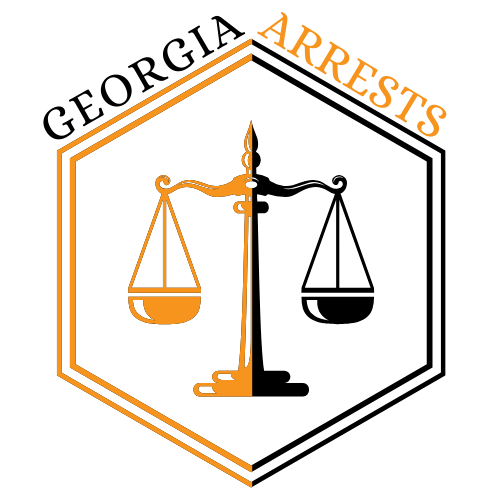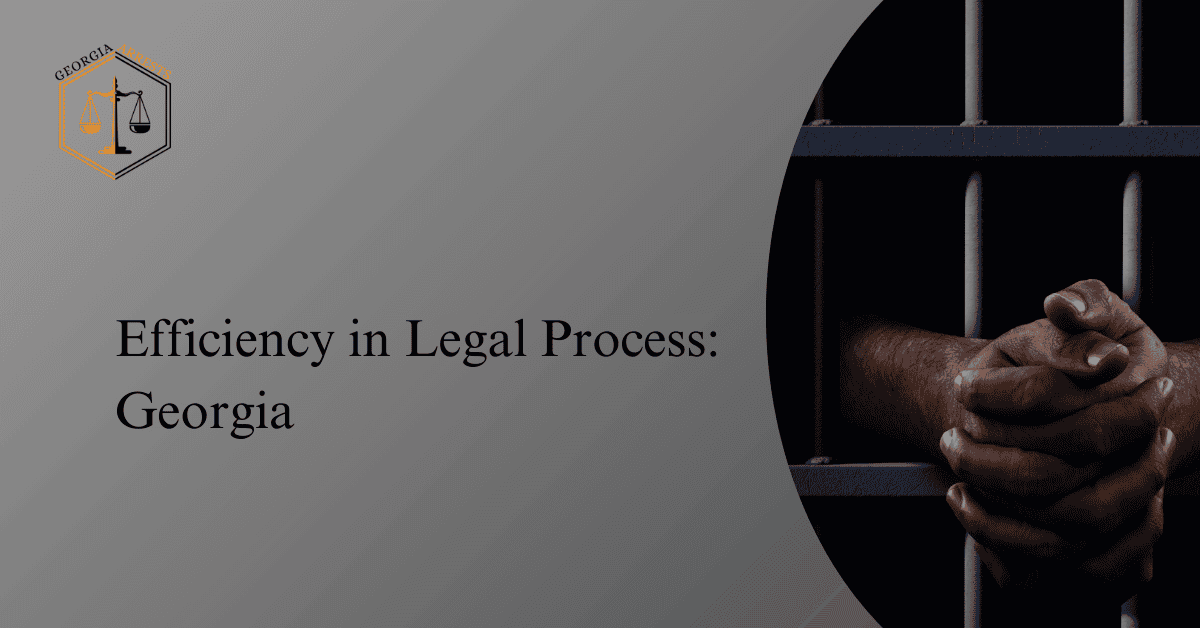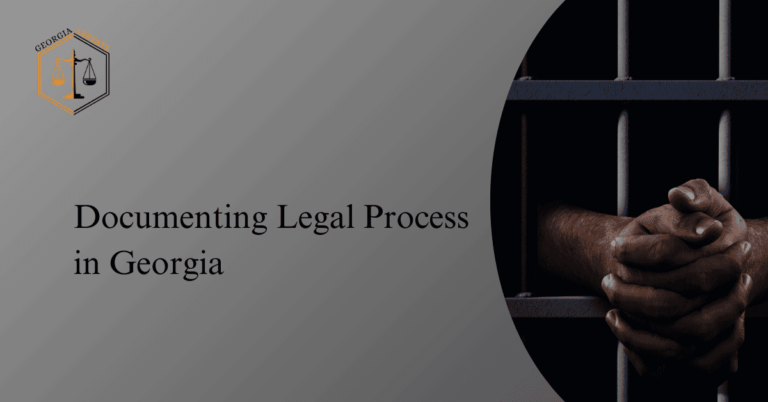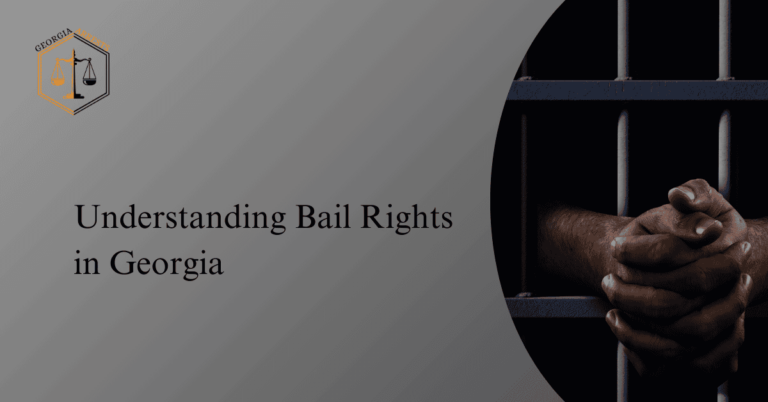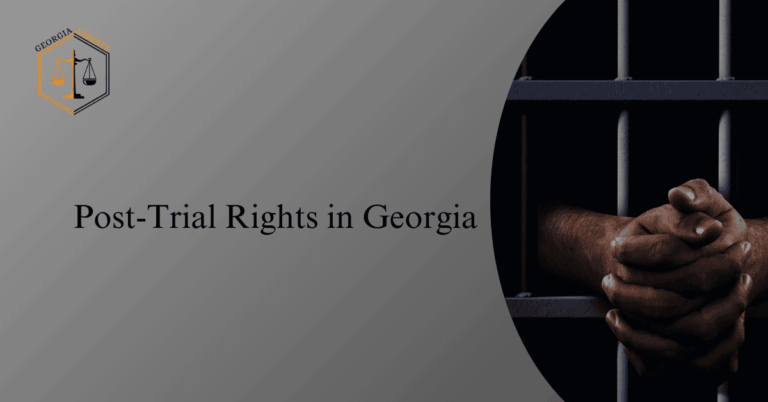Efficiency in Legal Process: Georgia
In Georgia, the legal process operates with a focus on efficiency. The state’s legal system is designed to streamline procedures and ensure timely resolutions for various legal matters. From civil cases to criminal proceedings, efficiency is a key principle that guides the legal process in Georgia.
Courts in Georgia are known for their prompt handling of cases and adherence to strict timelines. This emphasis on efficiency not only benefits the legal system but also ensures that individuals involved in legal matters experience a swift and effective resolution process. Whether it’s filing paperwork or attending hearings, the efficiency in Georgia’s legal process is evident at every step.
Overview of Georgia’s Sentencing Laws
Georgia’s sentencing laws play a crucial role in determining the punishment for criminal offenses committed within the state. These laws take into account various factors to ensure that justice is served and the rights of both the victims and the accused are protected.
Factors Considered in Determining Sentences
One of the key factors considered in determining sentences in Georgia is the severity of the offense. The more serious the crime, the harsher the punishment is likely to be. Additionally, the offender’s criminal history is taken into account, with repeat offenders facing stiffer penalties. Mitigating circumstances, such as cooperation with law enforcement or showing remorse, can also lead to a lesser punishment.
Severity of Offense
Georgia’s sentencing laws categorize offenses into different levels of severity, with corresponding punishments. This ensures that the punishment fits the crime and serves as a deterrent to potential offenders.
Offender’s Criminal History
Prior criminal behavior is a significant factor in sentencing decisions. Repeat offenders are often subject to longer prison sentences or stricter probation terms to prevent them from reoffending.
Mitigating Circumstances for Lesser Punishment
Judges may consider mitigating circumstances, such as the defendant’s age, mental state, or role in the crime, when determining a sentence. These factors can lead to a more lenient punishment for the accused.
Importance of Georgia’s Sentencing Laws
Georgia’s sentencing laws is crucial for defendants to protect their legal rights and navigate the legal system effectively. By knowing the factors that influence sentencing decisions, individuals can make informed choices and seek appropriate legal representation.
Defendants’ Rights Protection
Georgia’s sentencing laws are designed to protect the legal rights of defendants throughout the criminal justice process. By understanding these laws, defendants can ensure that their rights are upheld and seek fair treatment in court.
Legal Professionals’ Role in the Process
Legal professionals, such as defense attorneys and judges, play a vital role in interpreting and applying Georgia’s sentencing laws. Their expertise is essential in guiding defendants through the legal system and advocating for their rights.
Navigating the Legal System Effectively
Navigating the legal system can be complex, especially when facing criminal charges. Understanding Georgia’s sentencing laws empowers individuals to make informed decisions, seek legal assistance, and navigate the legal process effectively.
Frequently Asked Questions
Our Frequently Asked Questions section aims to provide detailed information about Efficiency in Legal Process: Georgia, addressing common queries and concerns.
What is the legal process in Georgia?
The legal process in Georgia includes the filing of a complaint, discovery phase, pre-trial motions, trial, and potential appeals. Each step is crucial in ensuring justice is served and legal rights are protected.
How long does the legal process take in Georgia?
The duration of the legal process in Georgia varies depending on the complexity of the case. It can range from a few months to several years, with factors such as evidence gathering, court scheduling, and legal procedures influencing the timeline.
What are the key legal requirements in Georgia?
Key legal requirements in Georgia include adherence to state laws, court rules, and statutes of limitations. Understanding these requirements is essential for a smooth legal process and successful resolution of legal matters.
How can efficiency be achieved in the legal process in Georgia?
Efficiency in the legal process in Georgia can be achieved through effective case management, strategic planning, and collaboration between legal professionals. Utilizing technology, streamlining procedures, and prioritizing communication are key factors in enhancing efficiency.
What are the common challenges in the legal process in Georgia?
Common challenges in the legal process in Georgia include delays in court proceedings, complex legal documentation, and resource constraints. Overcoming these challenges requires proactive measures, clear communication, and a thorough understanding of legal requirements.
How can professionals navigate the system in Georgia effectively?
Legal professionals can navigate the legal system in Georgia effectively by staying updated on legal developments, leveraging resources such as legal research tools, and seeking mentorship from experienced professionals. Building strong relationships with clients and colleagues is also crucial for success in the legal field.
